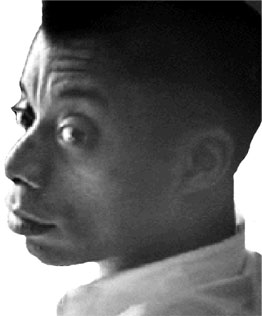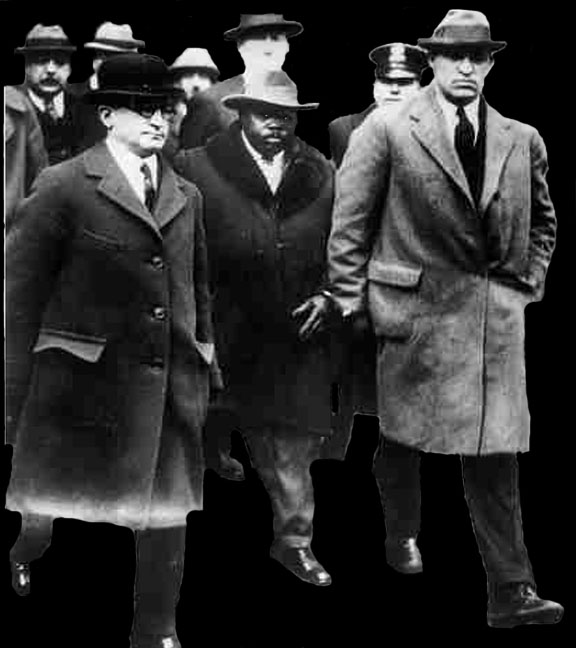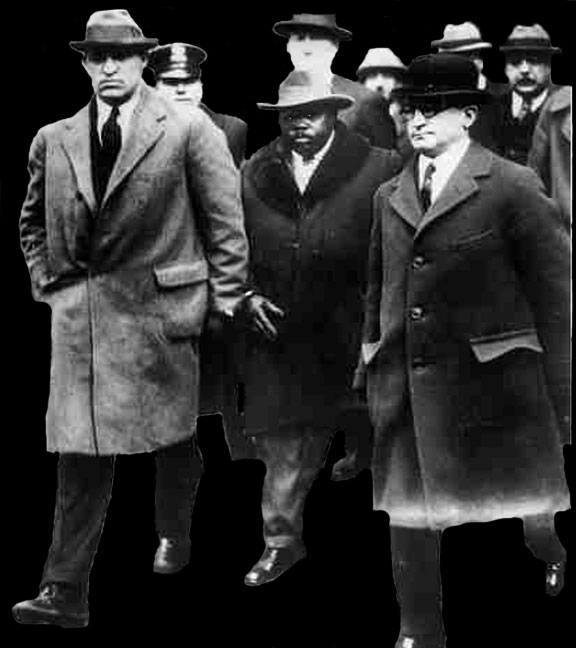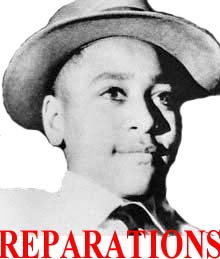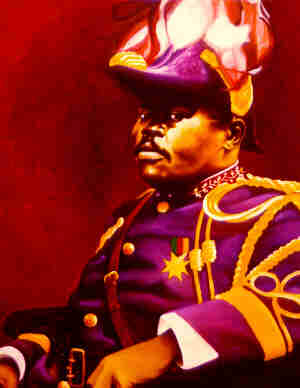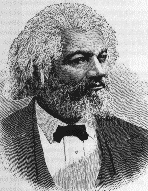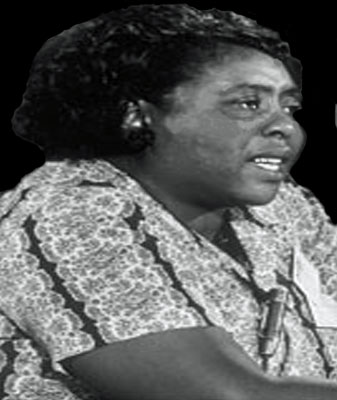aa
|
Marcus Garvey
Racial Education
Ethical and cultural instruction---the basis of virtue in
Aristotle's ideal state---was one of the basic goals of the UNIA from its
inception. Garvey believed in offering instruction both popularly and
institutionally, with the dual goals of reaching a wide audience and of
establishing educational facilities. The soapbox oratory, mass meetings, and
large conventions that characterized the Garvey movement were all directed at
instructing and organizing a large mass of people. Similarly, the dramatic
performances, elocution contests, debates, and concerts that UNIA members
participated in were forms not only of fund-raising and socializing, but of
racial education as well. When Garvey purchased Edelweiss Park in Kingston,
Jamaica, as a meeting center for the black community in the early 1930s, he
continued the practices established in New York and throughout the local UNIA
divisions---practices based on the nineteenth-century tradition of the
Chautauqua circuit, where people would gather locally for popular education and
enrichment combined with entertainment, often outdoors or beneath a tent. He
advertised Edelweiss Park as a "great educational centre" and a "centre of
people of intellect" in the pages of the New Jamaican.
Garvey's interest in founding educational facilities was also a
lifelong one. He attended courses at Birkbeck College in England before he
founded the UNIA in 1914, and one of the new organization's earliest goals was
the creation of an industrial training institute for black people in Jamaica
based on the Tuskegee model. Well before the turn of the century, the practical
education in skilled crafts that industrial training offered had become one of
the popular paths for artisans in their quest for self-culture. The 26 March
1915 Jamaican Daily Chronicle reported that Garvey listed the establishment of
"educational and industrial colleges for the further education and culture of
our boys and girls" as among the several benevolent goals of the UNIA. Garvey
received support in this goal from Booker T. Washington, who, on 17 September
1914, wrote to invite the UNIA leader to "come to Tuskegee and see for yourself
what we are striving to do," and promised again in April 1915 to help Garvey
achieve his local aims.
Garvey's interest in education based on the principles of
self-culture persisted after Washington's death in November 1915 and the
relocation of the headquarters of the movement in the United States in 1916.
UNIA meetings and programs continued to foster the ideal of self-improvement,
and as the association grew, auxiliaries were created with their own educational
standards for membership. These standards included examinations in the geography
of Africa, mathematics, reading, writing, and other subjects for commissioned
officers in the uniformed Universal African Legion; first aid and nutrition
classes for the members of the Black Cross Nurses; automobile repair and
operation instruction for the Universal African Motor Corps; and a curriculum of
elementary courses, including instruction in black history, economics, and
etiquette, for members of the Juvenile Divisions. In some areas, local Black
Cross Nurse auxiliaries also contracted with community hospitals and clinics to
provide members with more advanced practical training in nursing and maternity
care.
In February 1918 Garvey invited Columbia University president
Nicholas Murray Butler to address the members of the UNIA on the topic of
"Education and What It Means" and in April of the same year he and the other
officers appealed to Butler to contribute toward the purchase of a $200,000
building in Harlem for an organization headquarters, which they hoped would "be
the source from which we will train and educate our people to those essentials
that will make them a more cultured and better race."

|
|
a |
